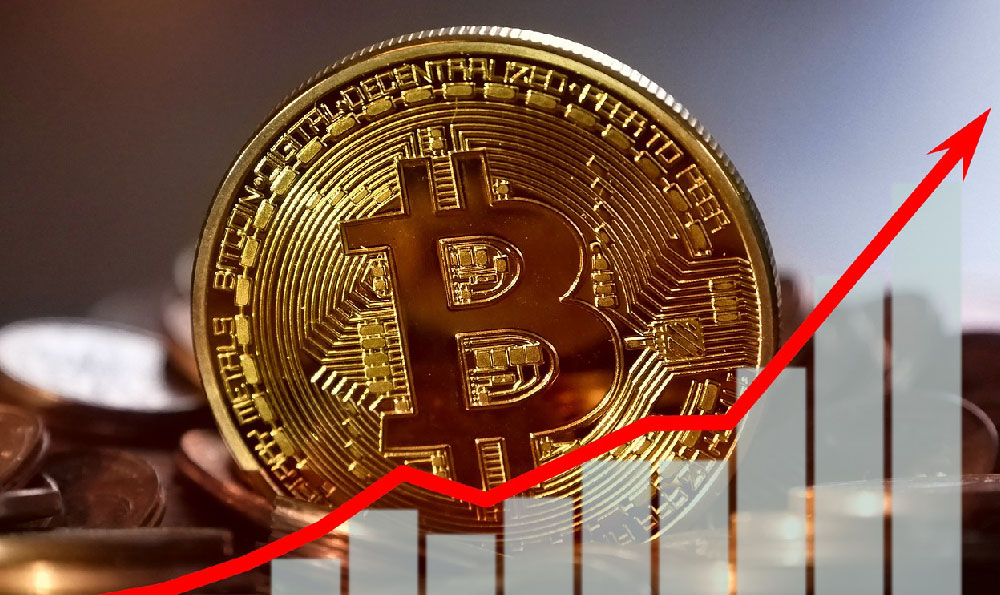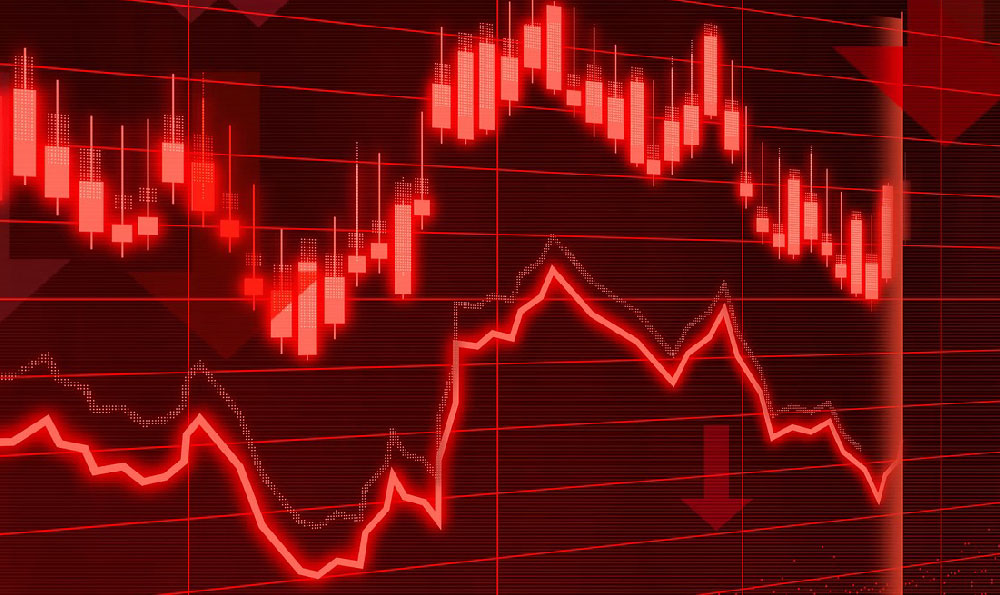Where Can I Get a Money Order, and What Are My Options?
Okay, I understand. Here's an article addressing the question of money order acquisition and alternatives, formatted for engaging reading and comprehensive information, without excessive use of enumerated lists or explicit introductory phrases.
Where can you reliably obtain a money order, and what choices exist for fulfilling your payment needs? The answer isn't a simple, single location; instead, a diverse range of institutions and services offer this financial tool. Understanding these options, their associated costs, and potential drawbacks empowers you to make the best choice for your individual circumstances.
Perhaps the most readily accessible option is your local United States Postal Service (USPS). Post offices are a ubiquitous presence, especially in smaller towns, making them a convenient choice for many. The USPS offers money orders up to $1,000 and generally charges a competitive fee, often lower than those levied by commercial providers. The stability and trustworthiness associated with a government entity also provide a sense of security, knowing your money order is backed by a reputable institution.

However, the USPS isn’t the only game in town. Large grocery chains and big-box retailers like Walmart often provide money order services through their financial service counters. These locations benefit from extended operating hours, frequently remaining open evenings and weekends when banks and post offices are closed. This accessibility is a significant advantage for individuals with busy schedules or those needing to send funds urgently outside of traditional business hours. While convenient, it's essential to compare their fees, as they can sometimes be higher than the USPS, particularly for larger denominations. Furthermore, these retailers might impose lower purchase limits compared to the post office.
Banks and credit unions represent another avenue for acquiring money orders. While some banks might only issue money orders to their existing customers, others may extend the service to non-customers for a fee. A key advantage of utilizing a bank or credit union is the heightened level of security and established procedures they have in place. Your transaction is handled by trained professionals within a secure environment, mitigating the risk of fraud or loss. Additionally, some banks may offer fee waivers or discounts to their preferred customers, making it a cost-effective choice for those with existing banking relationships. The downside, of course, is that bank hours are generally limited, and you may encounter longer wait times, especially during peak hours.
Beyond these traditional sources, several online payment platforms offer services that effectively replace the need for money orders in many situations. While these platforms don't issue physical money orders, they provide electronic fund transfers that can be just as, if not more, convenient and secure. Services like PayPal, Venmo, and Zelle allow you to send money electronically to other users, often instantly and with minimal fees. The recipient can then withdraw the funds to their bank account or use them for online purchases. The advantage lies in the speed, convenience, and tracking capabilities offered by these digital platforms. However, it’s crucial to ensure the recipient has an account with the same platform and is comfortable receiving funds electronically. Security is paramount; always verify the recipient's information before sending any money and be wary of scams.
Finally, consider specialized money transfer services like Western Union and MoneyGram. These companies have a global presence and cater to individuals who need to send money internationally or to recipients who may not have bank accounts. They offer a variety of options, including money orders, wire transfers, and direct cash pickups. These services are particularly useful for sending funds to family and friends abroad. However, their fees are often higher compared to other options, so it's essential to compare prices and understand all associated charges before proceeding. Be aware of exchange rates if sending money internationally, as these can fluctuate and impact the total cost.
Before deciding where to obtain your money order, consider several factors. The amount you need to send is crucial, as some institutions have limits on the maximum value of money orders they issue. The recipient's preference is equally important; confirm they are willing to accept a money order and inquire if they have a preferred issuer. Cost is always a consideration, so compare fees across different providers to find the most affordable option. Security should be paramount; choose a reputable provider with robust security measures to protect your funds. Speed is another factor, particularly if you need the money order urgently. Some providers offer faster processing times, but this may come at an additional cost.
In conclusion, the best place to get a money order depends on your specific needs and priorities. The USPS is often a good choice for its convenience and competitive fees. Grocery stores and retailers offer extended hours, while banks and credit unions provide enhanced security. Online payment platforms provide convenient alternatives, and money transfer services cater to international transfers. By carefully evaluating your options and considering these factors, you can confidently choose the most appropriate and cost-effective way to send your money. Always retain your receipt for verification purposes and promptly notify the issuer if your money order is lost or stolen. Being informed and proactive ensures a smooth and secure transaction.















